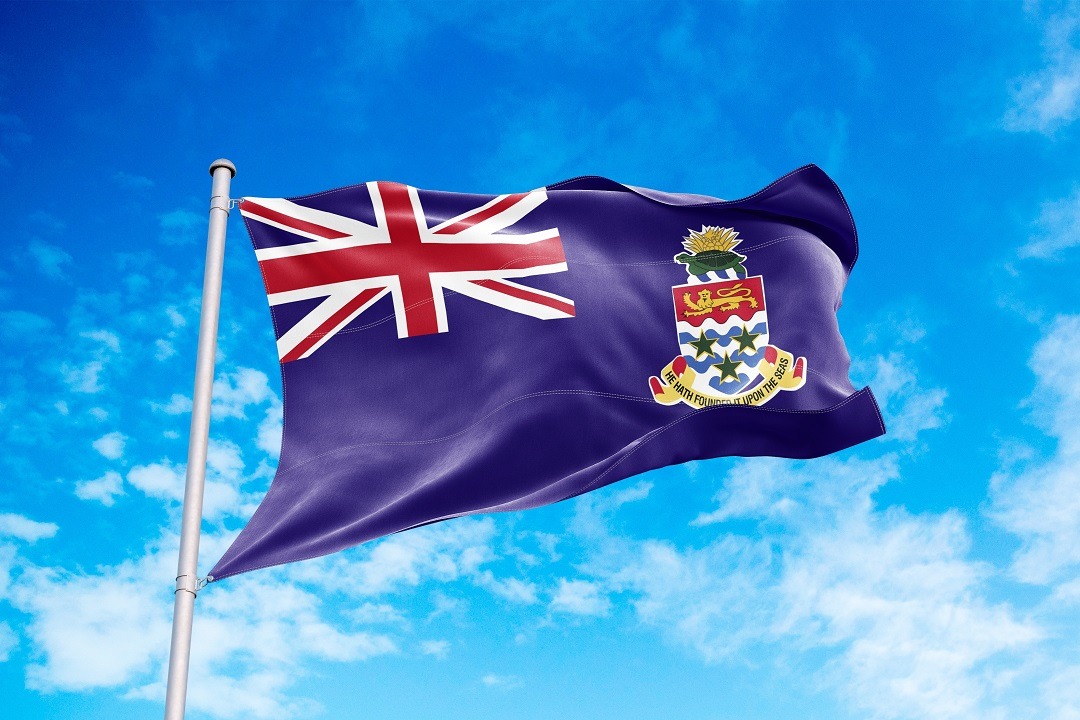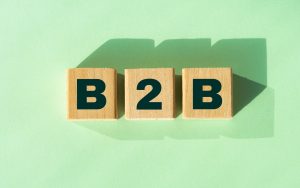What is the Difference Between B2B and B2C Payments?14 min read
Reading Time: 5 minutesB2C payments is a digital banking service frequently preferred by businesses that want to establish a direct transaction connection with their customers. Business to business commerce differs drastically from business to consumer (B2C).
B2B payments feature an intricate decision-making process and longer payment cycle than consumer payments, and an average basket value that’s lower in B2B than B2C; consequently, more transactions take place than with consumers (ranging from hundreds to thousands of euros in value). This detail can be counted among examples for B2B vs B2C payments.
B2C transactions typically have lower average basket values than their B2B counterparts, making payment systems for B2C ecommerce purchases simpler; digital wallets and bank transfers allow instantaneous processing of small amounts instantly.
These details can be counted for B2B vs B2C payments. With The Kingdom Bank, you can quickly meet future trends such as B2B vs B2C payments.
What are B2B Payments?
Between B2B and B2C payments methods, let’s first understand what B2B payments are. B2B payment methods include paper checks, wire transfers, ACH payments and credit cards.
Payments made between companies often involve large sums that require one-off purchases or ongoing subscriptions; more formal methods often require purchase orders, invoices and shipping/receipt information to process.
What are B2C Payments?
B2C payments refer to any transaction between businesses and consumers that takes the form of either online or offline payments, whether electronic, apparel, food etc. B2C transactions may take various forms such as rebates/refunds/recurring membership dues etc, with B2C payments often used as one-time rebates/refunds as well as membership dues etc.
They can also be used for employee wages payment as well as claims disbursements by insurance companies to their policyholders.
Before moving on to examples of B2B and B2C payments, we should understand what B2C payments are and how they differ from B2B.

What are the Examples of B2B and B2C Payments?
Here are examples of B2B and B2C payments covering different financial transactions. The most well-known examples of B2B payment methods are wire transfer, bill payments, EFT, virtual credit cards and bank checks. These refer to transactions between two businesses.
For example, when paying an invoice, a business pays for the services provided by another business through banks, this is a B2B payment.
Let’s continue with examples of B2B and B2C payments with B2C payments. B2C payments cover almost all daily financial transactions. credit card, debit card, money order, cash, crypto, nfc technology are among the most known B2C payment methods.
For instance, when a customer chooses a credit card as the payment method for the product or service purchased after shopping, he/she makes a B2C payment.
As The Kingdom Bank, we can guide you in all issues about B2B vs B2C payments.
What is the Difference Between B2B and B2C in Banking?
B2B purchases often involve much higher amounts and often entail multiple orders or regular transactions to compare B2B vs B2C payment; therefore, complex payment solutions must be in place in order to process large sums instantly, regardless of goods or services being purchased.
It is therefore crucial for businesses offering B2B ecommerce to offer multiple payment methods capable of instantly processing large sums of money instantly regardless of what goods or services are being purchased or ordered recurrently from one another ecommerce business or another.
To compare B2B vs B2C payment, B2B payments typically have more transactions and higher prices than B2C payments – often more costly and need-based purchasing versus consumer goods – while payment cycles often involve multiple departments or approval processes.
There are currently countless B2B and B2C payment platforms in the finance universe. Countless financial transactions, from grocery shopping to online bulk orders, are made with one of the B2B vs B2C payment methods.
Average basket sizes differ in B2B vs B2C payment, due to a different sales mechanism. A local coffee shop might see lower average basket sizes due to selling smaller products at once while a coffee bean distributor might sell a month’s supply to multiple local coffee shops in one transaction, creating a much larger average basket size overall.
It can be said that for B2B vs B2C payments, B22 payments tend to be more complex than B2C, requiring upfront payment or specifying an exact timeframe for payment.
This can be frustrating for both parties involved; sellers must wait for money to come through while buyers must await goods and services to consume before being able to spend them; but modern payment solutions have made this easier than ever!
Contact The Kingdom Bank, which provides reliable service in the field of B2B vs B2C payments. As The Kingdom Bank, we guide you to meet B2B vs B2C payments.

What is the Difference Between B2B Payment Gateway and B2C Payment Gateway?
Under a B2B payment model, a business buys goods and services from another business. As these transactions tend to be larger in terms of both volume and value than B2C ones, more robust and secure payment systems may be necessary. It is a striking example for B2B vs B2C payments.
Furthermore, businesses frequently purchase supplies or operational resources on an ongoing basis from B2B suppliers, necessitating a recurring billing system.
B2B payments typically take the form of ACH transactions, wire transfers, credit cards or cash payments. Buyers choose their payment method depending on their needs and preferences – for instance a business may opt for instant and reliable processing with an ACH payment method such as the virtual business account as it saves fees when making larger transfers. These methods can be counted among examples for B2B vs B2C payments.
Digital B2B payments have become widespread in recent years and businesses integrated with such innovative systems have benefited from this new payment method. “B2B payments Fintech” is one of the topics frequently asked by business models that aim to generate income by combining the finance and technology sectors.
For B2B vs B2C payments, this is also one of the differences.
B2B and B2C payment platforms now include financial institutions that can make payments with crypto payments and digital assets. In the near future, more businesses than today will accept cryptocurrencies as a B2C payment method.
One of the best examples for B2B vs B2C payments is cryptocurrencies. When individuals trade with businesses integrated with cryptocurrencies, they can be accepted as making a kind of B2C payment.
Which is the Best Bank to Make B2B and B2C Payments?
The best bank for B2B vs B2C payments depends on the type of your business or finance project. The best bank varies according to the country you live in, the sector you trade to and your target audience.
But in general, according to experts’ advice, the best banking services in the near future will be digital banks that will enable us to conduct B2B and B2C payments online.
B2B vs B2C payments cover a wide range of transactions, from small payments in everyday life to large transaction transfers between businesses. It is impossible to point directly to a best bank for all these financial transactions. It depends on your project, business model or financial portfolio.
Such digital banks have turned into B2B and B2C payment platforms for users through online channels. Although B2B vs B2C payment methods have different amounts and target audiences, they can be completed with the same reliable digital banking services.
Thanks to its innovative vision in digital banking, The Kingdom Bank is with you in every step you need to meet B2B and B2C payments.
Create your B2C account with The Kingdom Bank and transfer the transactions between your business and your customers to digital banking.
About The Author





